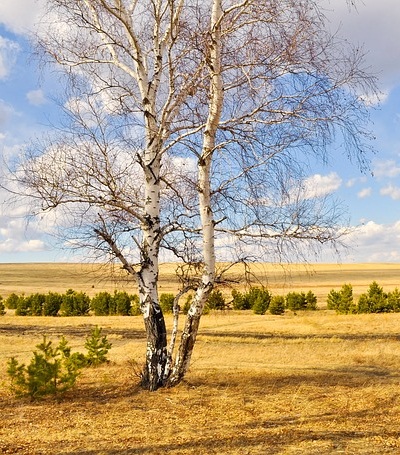Five Food Choices that Benefits your Body and The Environment
Healthier living is also ecological living (and vice versa)
We all need to shift to a healthier lifestyle and follow a healthy diet supported by natural supplements like TeaBurn. The good news is that many of those health measures also provide environmental benefits, as they lower our carbon footprint. Cycling is healthier and more environmentally friendly than driving a car, vegetables are healthier and more environmentally friendly than meat, and cigarettes are unhealthy and also have a high footprint. We have unique win-win opportunities for both our bodies and our planet if we shift to a healthier lifestyle.
Five Food Choices that Benefits your Body and The Environment
1. Replace sugary drinks with low-calorie drinks.
From soft drinks to stevia, tea, or plain water. Do you know that tea provides a lot of health benefits? For example, add tea burn to your regular tea to boost your metabolism. Water can quench your thirst and flush out unwanted toxins in the body. The complete opposite of what sugary drinks can do to your body.
It is best to avoid refined sugars because they increase the risk of diabetes and cardiovascular disease. The production of sugars also has an impact on the environment. If you drink a glass of water instead of sugary soft drinks, CO 2 emissions will drop by 100 grams and your water footprint by 60 liters.
2. Replace grain products with whole grain products.
Refined products include white bread, white rice, and white pasta. Those whole-grain products contain more healthy dietary fiber and minerals. When refining grain, those valuable nutrients are lost, which is a form of food waste and inefficiency. The environmental impact of refined products is, therefore, more than a quarter higher.
3. Replace sweets such as chocolate and pastries with fruit and nuts.
By eating sweets instead of fruit, the average person quickly loses more than a year of good health. Opting for an apple instead of a piece of chocolate cake saves almost one hundred grams of CO2 and six hundred liters of water.
4. Too much alcohol consumption is not healthy.
If we limit alcohol to a maximum of one glass a day, an average Belgian gains about an extra healthy year of life due to lower risks of cardiovascular disease, liver cirrhosis, and accidents. The environment also benefits, because a glass of wine has CO 2 emissions of two hundred grams. Spirits are a few times more harmful to the environment and health.
5. Replacing animal products with plant-based alternatives.
This is evident from a study from last year in the Proceedings of the National Academy of Sciences. According to that study, if we were to eat a completely plant-based (vegan) diet worldwide with a lot of fruit and vegetables in 2050, there would be fifteen percent less greenhouse gas emissions and ten percent less premature death, according to that study.
This was worked out very concretely in the study: according to the calculations therein, about ten out of every thousand people will die in 2050, if those thousand people eat as they do today. In a scenario where everyone would eat vegan, we see only nine deaths in a thousand in that same year. In other words: one in ten causes of death is related to excessive consumption of animal products and too little consumption of vegetables, fruit, whole grains, legumes, nuts, and seeds. The main culprits are the major culprits we just mentioned: cardiovascular diseases, cancers, and diabetes.
Read also: 8 Ways the Environment Affects Your Health
Diet shift is important
A good rule of thumb for a balanced diet is to replace red meat with vegetable protein sources such as legumes and soy products, replace cow’s milk with a plant-based alternative such as soy drink fortified with calcium, vitamin D, and vitamin B12, and replace chicken meat, cheese and eggs with vegetables. , nuts and seeds. Well-planned plant-based diets can extend your life by a few years.
